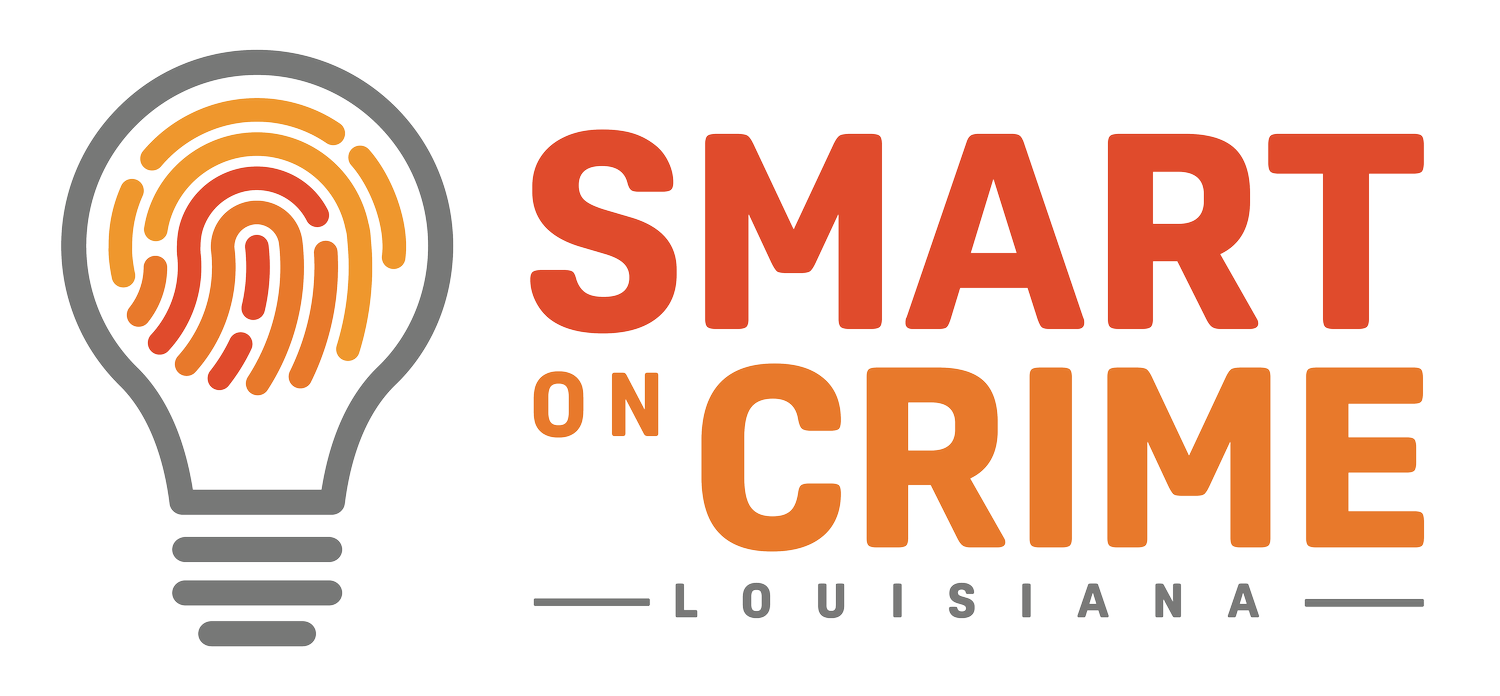Civil Asset Forfeiture in Louisiana
by Raheem Williams
Louisiana’s civil asset forfeiture laws enable the state and local municipalities to seize and take title to personal property without charging or convicting the property owner of a crime. To put it simply, any of us can be arbitrarily denied the cash in our pockets without the protection of due process.
The Pelican Institute’s newly released report reviewed the last two decades of Louisiana’s civil forfeiture data and found the government seized over $186 million, averaging almost $9 million per year. Additionally, the state’s vague reporting standards make it impossible to know how much of this confiscated property has a corresponding criminal conviction.
Even when found innocent, a property owner could still lose their property because Louisiana splits the forfeiture process from a criminal proceeding. By doing so, civil asset forfeiture allows the state to utilize a lower standard of proof than “beyond a reasonable doubt,” making it easier to take and keep property regardless of guilt or innocence. Since courts, district attorneys, and law enforcement all receive the proceeds from the private property seized, a monetary incentive exists to seize more private property. To make matters worse, the expense of retaining a lawyer to advocate for the return of wrongfully confiscated property can often exceed the value of property seized making it pointless to contest the forfeiture even when innocent.
The Pelican Institute’s new report put forth solutions to civil asset forfeiture processes in Louisiana. Louisiana is falling behind states that have ditched civil forfeiture in favor of criminal forfeiture or changed their laws to limit potential abuse. This can be done without eroding the crime fighting powers of law enforcement. A switch to criminal forfeiture wouldn’t prevent police from seizing property from suspected criminals, it would just require a conviction for them to keep such property. In this respect, private property would be treated as evidence, not a separate legal proceeding. Additionally, setting a minimum value for property eligible to be seized would help prevent abuse and concentrate police resources on serious offenders. Furthermore, directing forfeiture-related proceeds into a neutral account such as the state general fund or education fund would ensure fairness in the process by discouraging the inverse funding incentives for courts and law enforcement.
These simple changes would enable law enforcement to work more efficiently and effectively without infringing on the rights of Louisianans. Private property rights are a cornerstone to free and prosperous societies, but civil asset forfeiture threatens this. The status quo of civil asset forfeiture in Louisiana violates the key values of a free society. It’s time to restore the role of the state in protecting life, liberty, and property. We can no longer continue to expect innocent private citizens to petition the state to return their property. Let’s restore the presumption of innocence.
